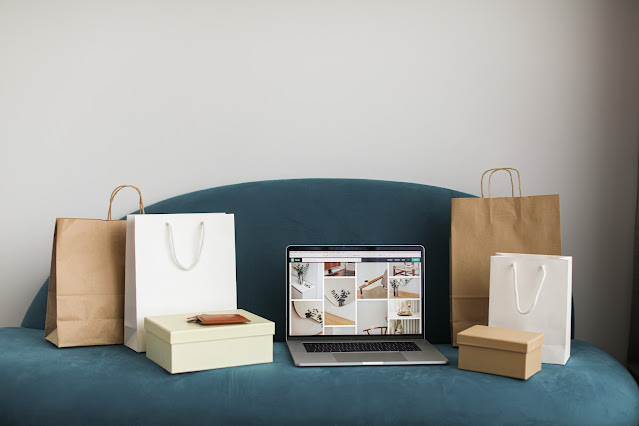How To Spend Less Money On Shopping and Still Be Happy
But what happens if the only way to get pleasure is to buy things? When you buy things that aren't really necessary in your life, you may find yourself in situations such as you may regret buying it when you don't need it; you may regret buying it even though you already have one; you may regret buying it because you don't use it; you may regret buying it when you can't afford it; and you start feeling overwhelmed when the clutter is accumulating. The pleasure of buying more starts converting into stress.
As a long-time minimalist, I can attest to the joy of buying less and being clutter-free. Another thing to consider is that you do not have to adhere to minimalism in order to refrain from overspending; if spending less is your only goal, you can focus solely on that aspect.Now, let's look at some tips for buying less; these are the tips I use, and they work flawlessly for me.
That happiness fades away over time and can also become a burden in your life. Remember that compared to materialistic things, having experiences gives us long-lasting happiness.
For example, you bought an expensive appliance for your home just because it was trending or because your friend had one already, and you also went on a fun trip with your family. In the future, when you recall your happiest memories, your family trip will rank higher than buying that expensive appliance.
So, all you have to do is spend on your experiences and make memories rather than buying things. Experience the things you like and make memories because, in the future, all you will have are memories of your present.
You've probably heard the saying, "Just because something is on sale doesn't mean you have to buy it." While offers are great for getting something at a lower price when you need it, they are also traps designed to get you to buy more.
So, the next time you need something, wait for the offers and buy it to get a good deal, but if you are not in need, do not buy on offer unless it is absolutely necessary. Also, don't fall for advertisements, as these are tricks used by sellers to attract more customers like you and me.
Remember that offers and advertisements are designed to entice customers to buy. So listen to yourself rather than reacting to external forces.
It may surprise you that comparing yourself with others is one of the many reasons to buy unnecessary things. You might want to have that designer saree like your cousin, that branded smartphone like your friend, or that luxury car like a social media influencer.
Believe me, comparing ourselves to others causes us to buy things we cannot afford or do not require. None of the items listed above will make you happy once you have them, but being content with yourself will.








Comments
Post a Comment